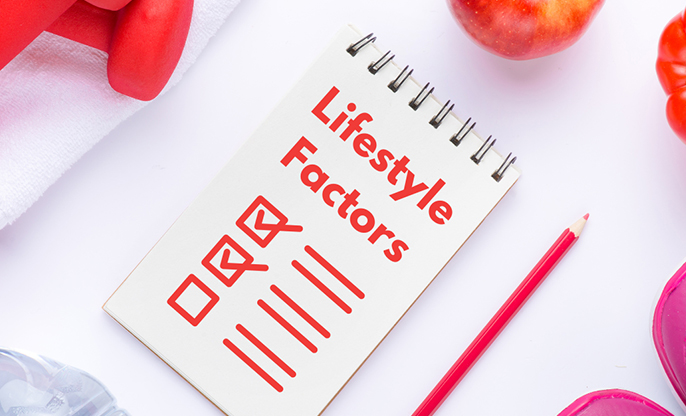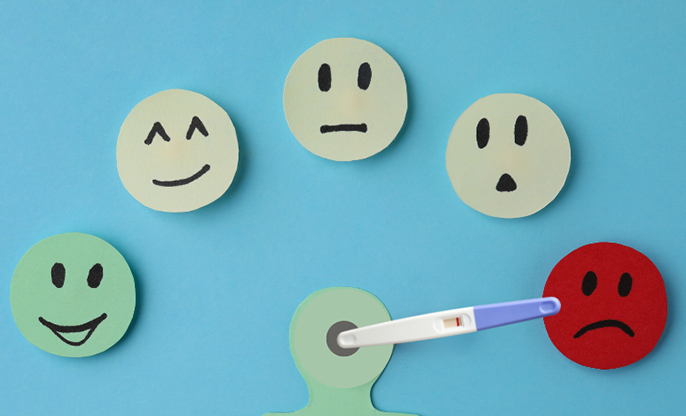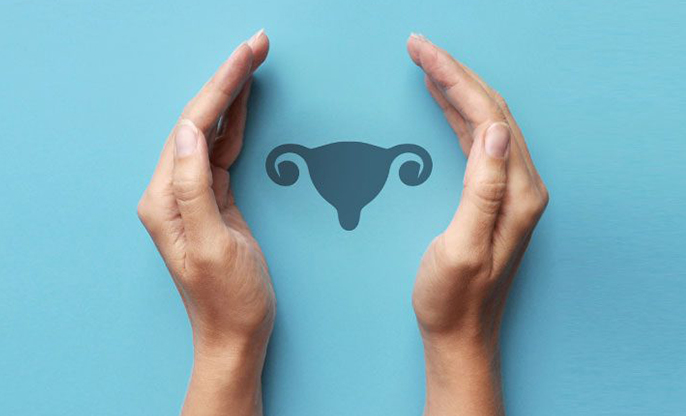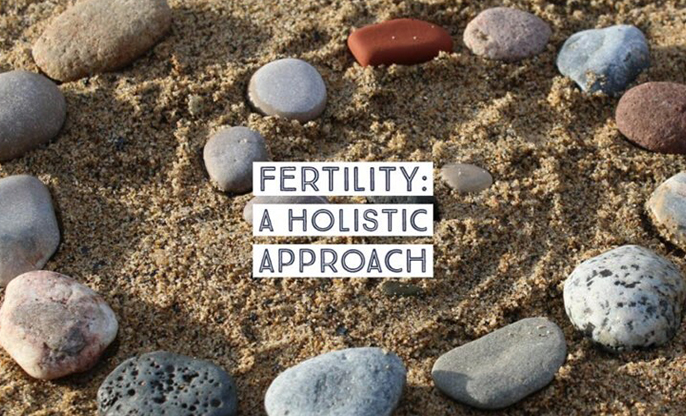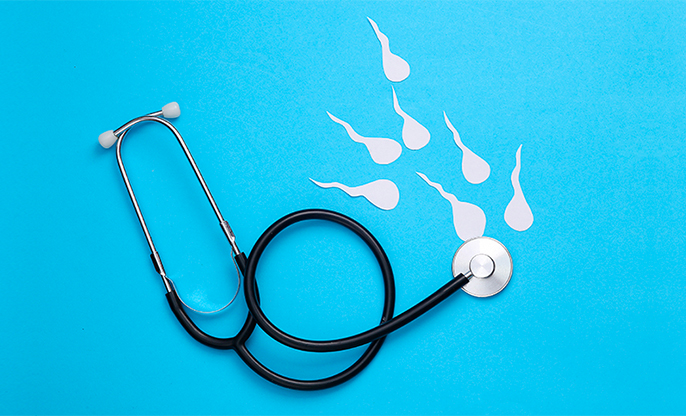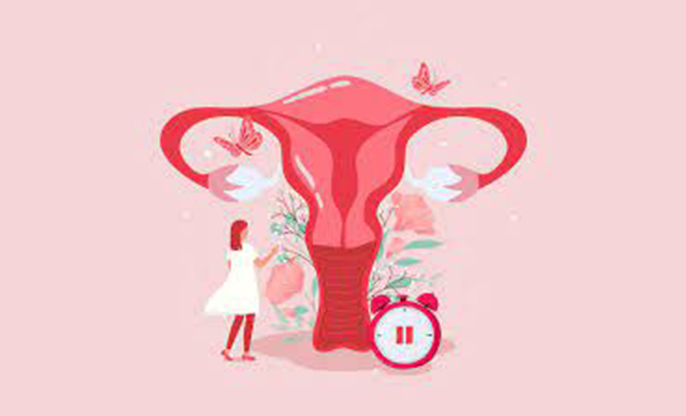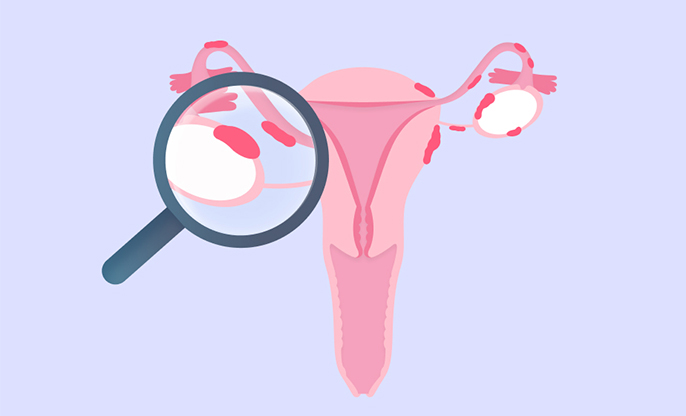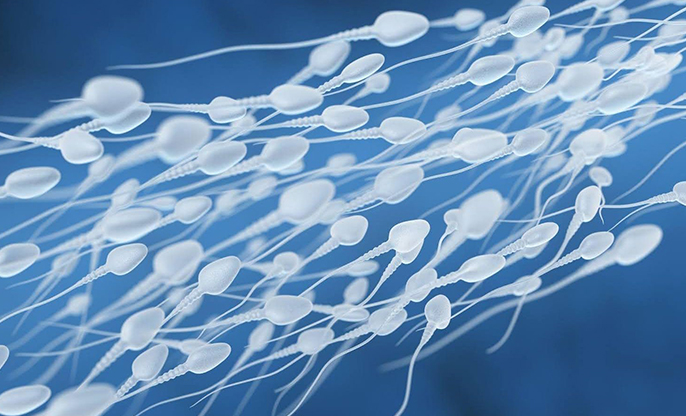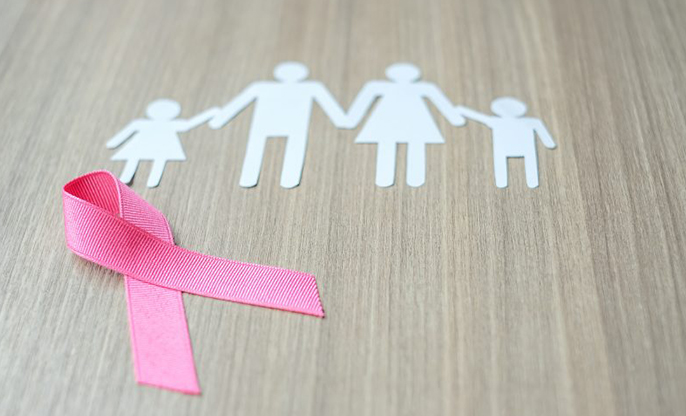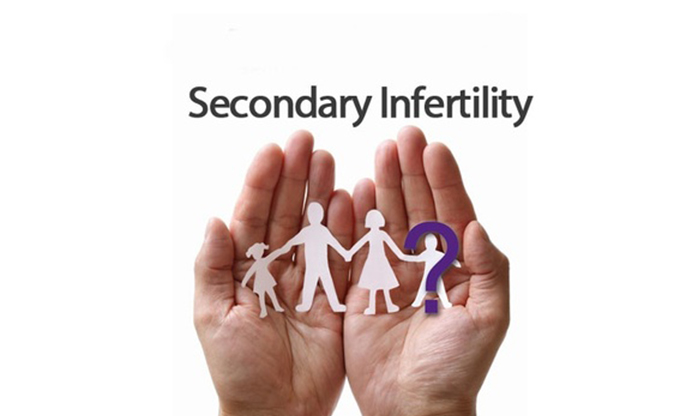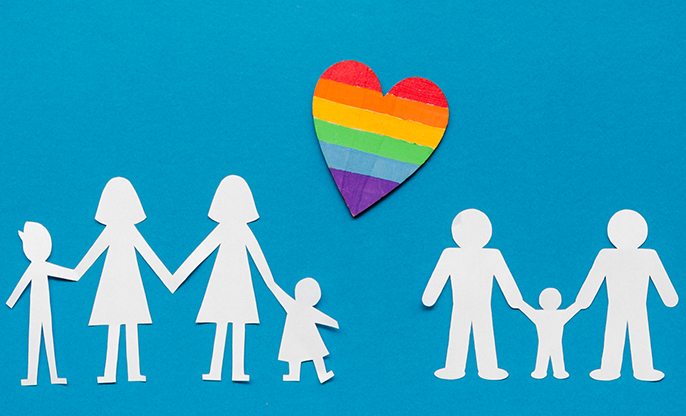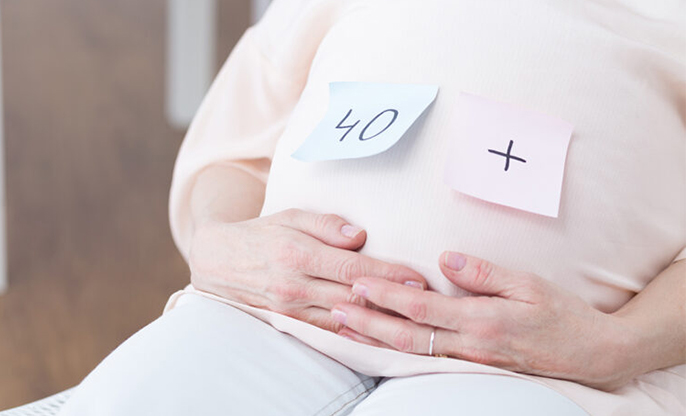
The journey to parenthood is a significant life milestone, but for many individuals and couples, age can be a critical factor in determining their fertility. Understanding the impact of age on fertility is essential for those planning to start a family, as it can influence the chances of conception and the overall health of both mother and child. In this article, we will explore the relationship between age and fertility and offer guidance on how to navigate the biological clock.
The Biological Clock
The biological clock refers to the natural decline in fertility that occurs as individuals, especially women, age. It is driven by various factors, including hormonal changes and the quality of reproductive eggs. Here are some key points to consider:
Female Fertility
·
Women are born with a finite number of eggs, and this reserve
gradually decreases over time.
·
Fertility peaks in the early 20s and starts to decline in the
late 20s, becoming more pronounced after age 35.
· After 35, the risk of infertility, miscarriage, and chromosomal abnormalities in offspring increases.
Male Fertility
·
While male fertility tends to decline more gradually than
female fertility, it is not immune to the effects of age.
· Advanced paternal age is associated with a slightly higher risk of certain genetic conditions in children.
Navigating the Biological Clock
1. Family Planning: Understanding the
potential challenges of age-related fertility decline is crucial. Couples
should consider discussing family planning earlier rather than later.
2. Seeking Help: If conception does not
occur within a reasonable timeframe, seeking help from a fertility specialist
is advisable, especially for women over 35.
3. Fertility Preservation: Egg freezing is an option
for women who want to delay parenthood for career or personal reasons. It
allows them to preserve their younger, healthier eggs for future use.
4. Health and Lifestyle: Maintaining a healthy
lifestyle, including a balanced diet and regular exercise, can positively
impact fertility. Avoiding smoking, excessive alcohol consumption, and drug use
is essential.
5. Medical Intervention: Assisted reproductive technologies (ART), such as in vitro fertilization (IVF), can help overcome age-related fertility challenges. Consulting a fertility specialist can provide insight into the most suitable options.
Conclusion
Age and fertility are intricately linked, and understanding the implications of the biological clock is crucial for individuals and couples considering parenthood. While age-related fertility decline is a reality, proactive steps, including early family planning and seeking medical guidance, can help navigate these challenges. Ultimately, the decision to start a family should be based on personal circumstances and priorities, but being well-informed about age and fertility is an empowering first step towards a fulfilling parenthood journey.


